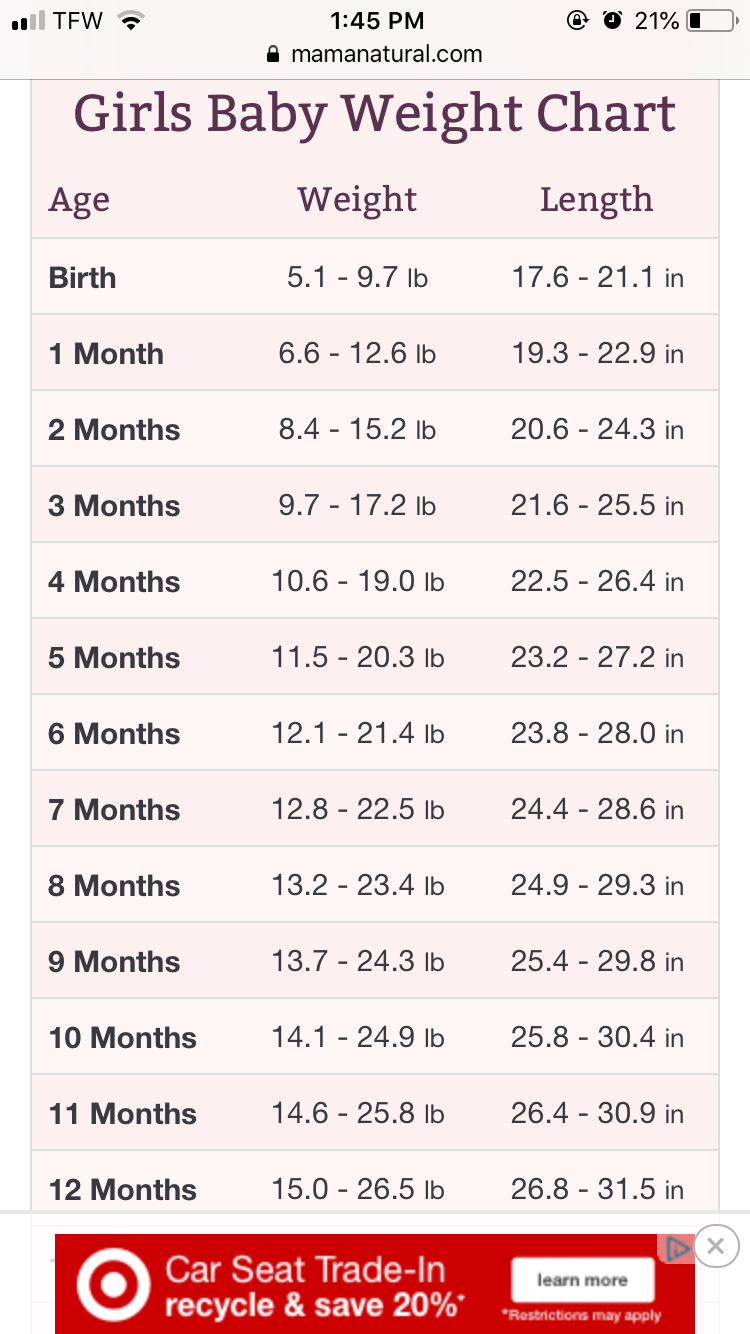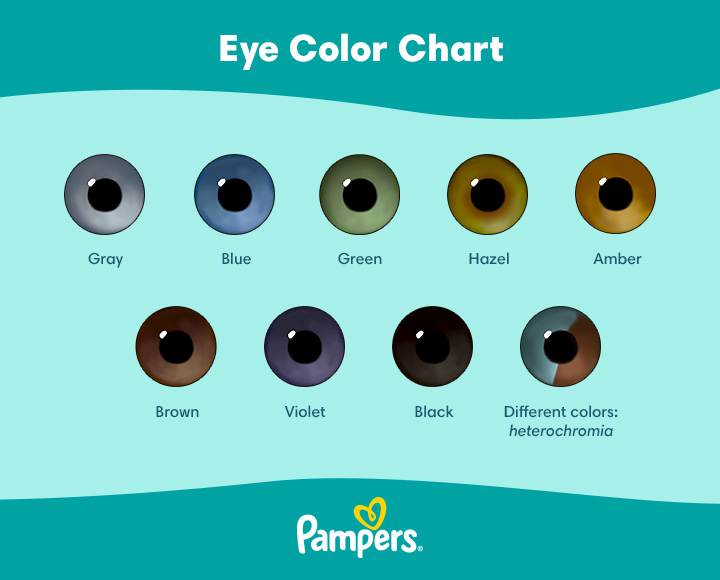How Much Should A Baby Weigh At 6 Months
Have you ever wondered how much your baby should weigh at 6 months old? This crucial milestone in your baby’s development can be a source of concern for many parents. In this article, we will delve into the topic of baby weight at 6 months, providing you with all the information you need to know to ensure your little one is growing and thriving as they should.
Knowledge
At 6 months of age, the average weight for a baby can vary depending on several factors such as birth weight, genetics, and overall health. On average, a baby at this age should weigh between 13 to 19 pounds (5.9 to 8.6 kilograms). However, it is essential to remember that every baby is unique, and there is a wide range of what is considered normal when it comes to weight.
There are several factors that can influence a baby’s weight at 6 months. These include genetics, feeding habits, overall health, and growth patterns. Some babies may be smaller or larger than the average weight range, and as long as they are following their growth curve and meeting developmental milestones, there is usually no cause for concern.
It is essential to monitor your baby’s weight regularly to ensure they are growing as they should. Your pediatrician will track your baby’s weight during well-child visits and compare it to growth charts to ensure they are on track. If there are any concerns about your baby’s weight, your pediatrician may recommend further evaluation or adjustments to feeding habits.
Proper nutrition is crucial for your baby’s growth and development. Whether you are breastfeeding or formula feeding, ensuring your baby is getting enough nutrients is essential. At 6 months old, many babies are starting to explore solid foods in addition to breast milk or formula. It is important to introduce a variety of healthy foods to support your baby’s growth and weight gain.
Conclusion
In conclusion, the average weight for a 6-month-old baby can range from 13 to 19 pounds, but every baby is different. By monitoring your baby’s weight, feeding them a nutritious diet, and following your pediatrician’s recommendations, you can ensure your little one is thriving and growing as they should. Remember, it is normal for babies to grow at their own pace, so focus on their overall health and development rather than just the number on the scale.
When it comes to baby weight at 6 months, knowledge is power. Understanding what is considered normal and how to support your baby’s growth is key to ensuring they are healthy and happy. By staying informed and working closely with your pediatrician, you can navigate this exciting stage of your baby’s development with confidence and peace of mind.






